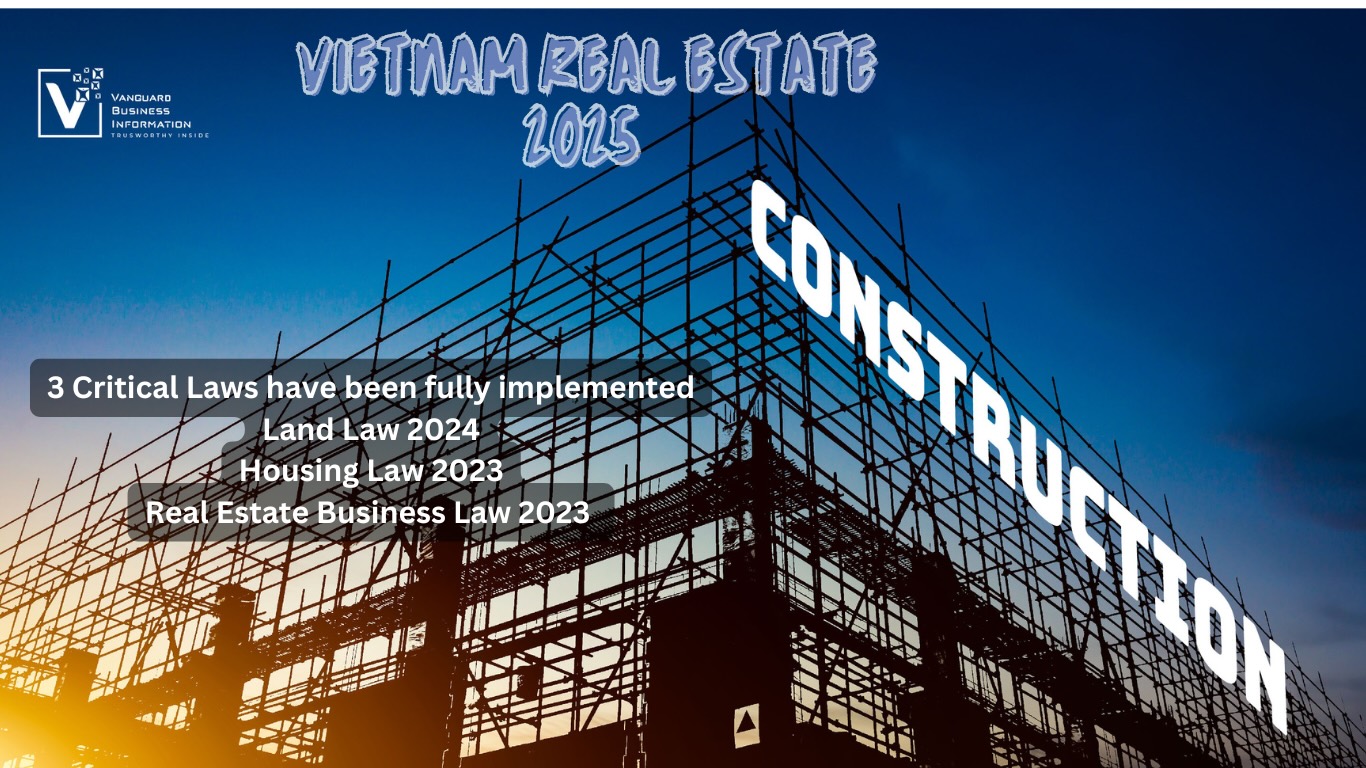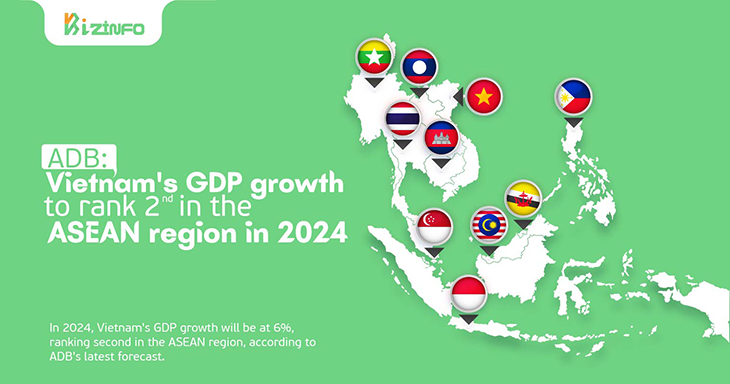Published Jan 2025
Vietnam Real Estate Market in 2025: Opportunities and Challenges
Vietnam’s real estate market in 2025 reflects both opportunity and challenge. While economic growth, legal reforms, and increased investment create optimism, structural inefficiencies and political interference remain obstacles to sustainable development.

Vietnam Real Estate Market in 2025: Opportunities and Challenges
The Vietnamese real estate market is entering a pivotal phase in 2025, marked by significant reforms, stable economic growth, and increased investment. However, the sector continues to grapple with deep-seated challenges, including land bottlenecks, vacant luxury projects, and political interference. The introduction of new laws and proposed solutions, such as a property tax law, could shape the future of this critical industry.
An Optimistic Outlook
In 2024, the real estate market demonstrated strong recovery, driven by favorable economic conditions and proactive policy interventions. Real estate business revenues reached 282.134 trillion VND, up 7.9% from 2023. Over 47,000 successful transactions with an absorption rate of 72% signaled renewed buyer confidence.
With robust growth in foreign direct investment (FDI)—doubling in 2024 to $5.2 billion—and increased activity in the bond and stock markets, the sector is poised for further development in 2025. Economic stability, low inflation, and supportive interest rates have improved purchasing power, encouraging both domestic and international investment.
New Legal Frameworks: A Turning Point
The simultaneous implementation of three critical laws—the 2024 Land Law, the 2023 Housing Law, and the 2023 Real Estate Business Law—marks a milestone for the market. These reforms aim to resolve institutional inefficiencies, foster transparency, and streamline processes for investors and developers.
Key features of these laws include:
- Land Law 2024: Clarifies land-use rights, reduces ambiguities in pricing, and promotes transparency.
- Housing Law 2023: Encourages social housing development while regulating luxury housing to address over-supply.
- Real Estate Business Law 2023: Sets stricter standards for real estate transactions and enterprise operations.
These legislative changes are complemented by government-led task forces and ministries actively resolving local bottlenecks. Notable projects like Astral City in Bình Dương and Ecity Tân Đức Urban Area in Long An have resumed development, showcasing the positive impact of these initiatives.
Persistent Challenges
Despite these advancements, the market remains constrained by structural inefficiencies, political interference, and unbalanced development. Key challenges include:
1. Land Bottlenecks
Inconsistent land pricing and delays in updating land price lists have led to inflated costs and project delays. Many provinces lack transparency, often influenced by vested political interests.
Proposed Solutions:
- Develop a centralized, transparent land information system.
- Standardize land valuation tools to reflect market realities.
2. Vacant Luxury Projects
An oversupply of high-end developments has left numerous luxury properties unoccupied, highlighting a mismatch between supply and demand. This issue has strained resources and led to inefficient land use.
Proposed Solutions:
- Shift focus toward affordable and mid-range housing.
- Incentivize developers to prioritize social and practical housing solutions.
3. Political Interference
The involvement of political interest groups continues to skew market dynamics. Many officials hoard land title books, obstructing equitable development and fostering corruption.
Proposed Solutions:
- Strengthen enforcement mechanisms to prevent land hoarding.
- Increase transparency and accountability in land allocation.
4. Inefficient Land Clearance
SMEs face significant challenges in land clearance compared to larger, politically connected enterprises. These inefficiencies reduce competitiveness and delay projects.
Proposed Solutions:
- Improve compensation mechanisms for land clearance.
- Ensure balanced policies to level the playing field for SMEs.
The Case for a Property Tax Law
A critical step toward addressing market inefficiencies is the introduction of a property tax law. By taxing underutilized or vacant properties, this law could:
- Discourage speculative hoarding of land and luxury properties.
- Generate public revenue for infrastructure and social housing projects.
- Promote more equitable and efficient use of real estate assets.
Proper design and enforcement of the property tax law, with safeguards to avoid burdening average homeowners, would foster a healthier, more balanced market.
Opportunities in Economic and Financial Growth
Beyond legal reforms, economic and financial factors are driving optimism in the real estate sector:
- Foreign Investment: FDI in real estate doubled in 2024, reflecting growing international confidence in Vietnam’s market.
- Capital Markets: The stock market is an increasingly important capital-raising channel. Upgrades to “emerging market” status in 2025 are expected to attract more investment.
- Real Estate Bonds: After a decline in 2024, the bond market is set to recover, with stricter regulations ensuring higher-quality issuances.
These factors are bolstered by stable macroeconomic conditions, low interest rates, and improved investor sentiment, creating a solid foundation for growth.
Toward Sustainable Development
To ensure sustainable growth, coordinated efforts are required from businesses, regulators, and policymakers. Key strategies include:
- Operational Restructuring: Real estate firms should prioritize cash flow management, diversify offerings, and adopt digital transformation.
- Green Practices: Developers must align with global sustainability trends, promoting energy-efficient and eco-friendly projects.
- Compliance and Competitiveness: Strict adherence to new laws will enhance market stability and investor confidence.
Conclusion
Vietnam’s real estate market in 2025 reflects both opportunity and challenge. While economic growth, legal reforms, and increased investment create optimism, structural inefficiencies and political interference remain obstacles to sustainable development.
The market's over-exploitation, characterized by vacant luxury projects and land hoarding, underscores the urgent need for systemic change. The introduction of a well-designed property tax law could be a game changer, addressing these inefficiencies, encouraging equitable land use, and supporting long-term growth. By resolving these challenges and fostering transparency, Vietnam can unlock the full potential of its real estate sector, ensuring a balanced and prosperous future.















